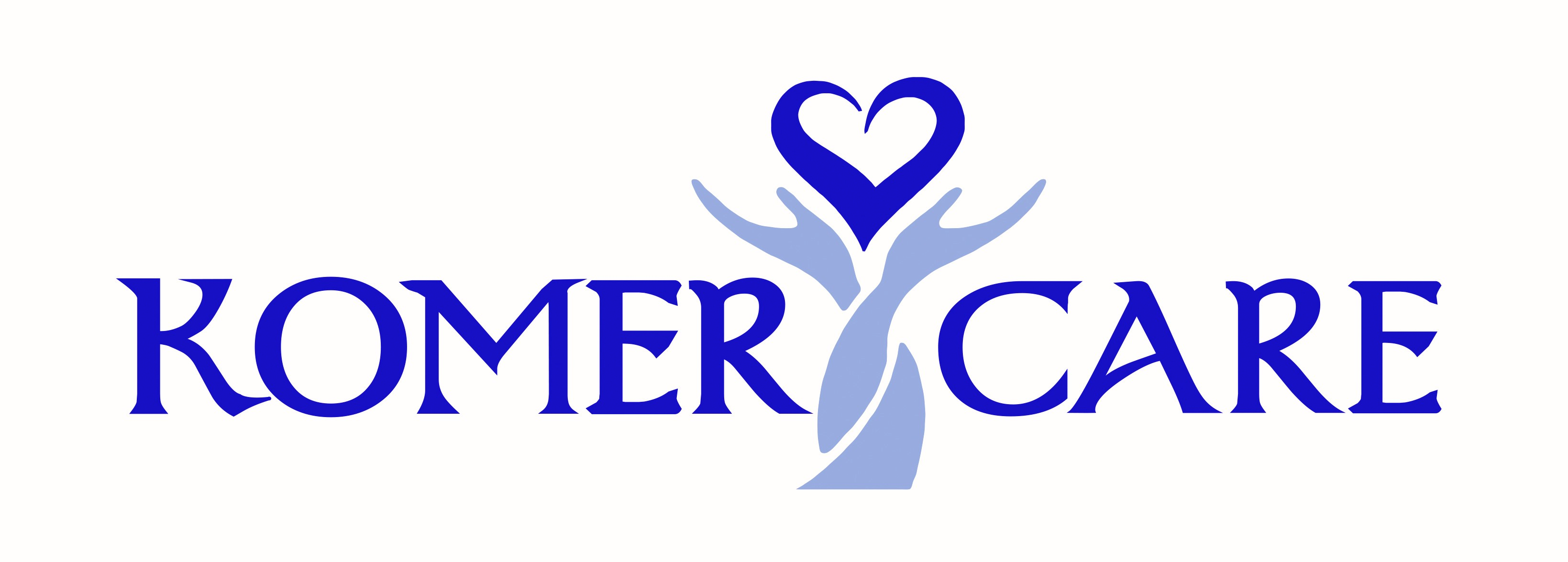
You slipped, fell, and hit your head. Now, you have a bit of a headache, but you were not dazed or unconscious. A bit tired, you just feel “off” for a couple of days. Over time, it seems to get better. Within a few days or weeks, you feel right back to normal. However, the reality is that you may have had a concussion. There is no blood test to diagnose concussion. There are questionnaires such as ImPACT or SCAT3 you can use, and they might suggest a concussion. You may be surprised to
learn that often one is not instantly sure.
Perhaps, you were involved in a motor vehicle accident. Shaken up and sore, you thank Heaven nothing more serious happened. There is that bit of a sore neck, but this mild whiplash can go away.
Were you someone involved in sports? Did you collide with someone? Were you checked into the boards playing hockey or lacrosse? You missed a few shifts. Then you were back in the game. It would not be unusual if you do not remember very much of what happened, or the rest of the day.
Was soccer (or football as it is known in much of the world) your game? You never had any problems during practice or the game heading the ball. Over many years, this was part of your game. No harm done. Or was there?
As a young child, did you fall down the stairs and hit your head? There could be bad news associated with each of these events.
Every one of them could have been a concussion.
It is not difficult to diagnose a concussion when a serious event has taken place. If you hurt your head, you might have problems in two or three weeks, and have been lingering effects such as headache, or head pressure or fatigue, or difficulties concentrating, the diagnosis of concussion is fairly certain.
It turns out that repeated mild blows to the head injuries can add up to long-term difficulties, triggering a change in brain function. The more severe the injury is the greater risk of developing serious problems.
When I speak about sports concussions, people think about boxing, football, hockey, lacrosse or motocross. However, do you know that one of the most dangerous sports is cheerleading? Concussions are frequent in many sports, like gymnastics.
A helmet does not save you from a concussion. It may save a skull fracture or a laceration but when your head accelerates then suddenly stops, your brain hits against the inside of the skull. That can cause a concussion.
This all connects to what you hear on the news about the dangers of post-concussion syndrome. There is a growing understanding that this may also create an increased risk of things like Parkinson’s disease and chronic traumatic encephalopathy (CTE).
First responders and those serving in the military have double the risk. People in public safety roles are often in situations where they experience head injuries. They are placed in dangerous situations where they may be struck with objects, or assaulted by people they are trying to apprehend. Traveling at high speeds in an emergency, to help or protect others, they may crash their vehicles. Military personnel may also be hit by objects or be subject to blast injuries. When a bomb goes off, there is a concussive wave that can cause multiple hits to the head and shake the brain. All of these events can cause concussion or traumatic brain injury that often leads to long-term problems.
Beyond that, this group of brave individuals often witness horrible events involving death, or near-death experiences that scar them emotionally.
They try to put what they have seen and felt into a far corner of the brain, hoping not to think of the events.
For the military, and our first responders, their work experiences certainly can cause PTSD. It is my belief that extreme stress such as PTSD can also alter brain chemistry even without a physical injury.
This can lead to a large variety of problems both short-term and long-term.
It is especially likely that they will experience conditions such as depression, anger, anxiety, and fatigue. Not coincidentally, these are very common symptoms of brain injury and PTSD. A common link may be poor hormone levels.
So, there is bad news. The bad news may come right away with obvious symptoms at the initial diagnosis, or the bad news may slowly become evident over months, years, and even decades.
There is more bad news. Treatment solutions are often poor for all of these problems in many centers around the world.
There is good news.
Many times, people are advised to be tough and “shake it off.” They have been told that their tests are all fine and so they are fine; there is nothing wrong.
Well, there is something wrong.
More and more, the medical community is recognizing concussions, traumatic brain injury (TBI), and PTSD. Patients are finally being acknowledged with the real problems they are facing.
Many have been told that there is no treatment.
Well, there is.
At the Komer Brain Institute, we apply the latest science and treatment for
brain injuries and PTSD.
Concussions can happen to anyone, no matter your age or stage of life.
Are you prepared if it is you?

